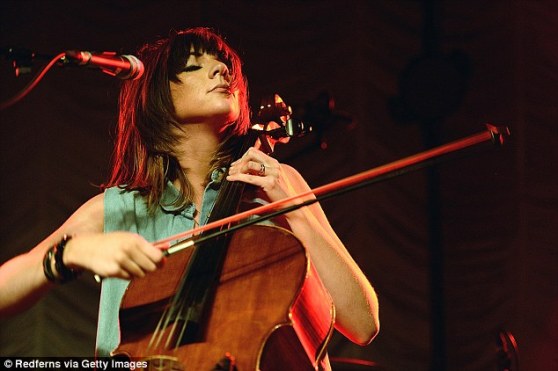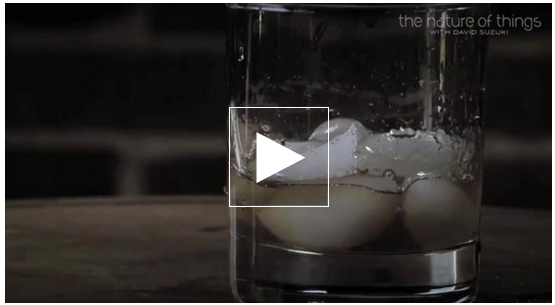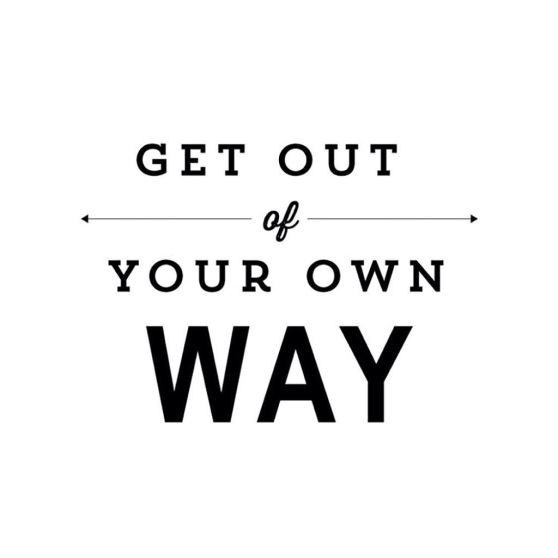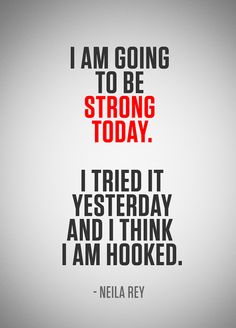By LUCY WATERLOW FOR MAILONLINE
PUBLISHED: 18:23 GMT, 13 January 2016 | UPDATED: 18:54 GMT, 13 January 2016
Read more: http://www.dailymail.co.uk/femail/article-3397499/Professional-cellist-reveals-hid-alcohol-addiction-sipping-vodka-stage-water-bottle.html#ixzz3xKTka6KF

Rachael, pictured performing Scala at London, recalls how she would perform on stage at venues like The Royal Albert Hall and lean down to have sips of alcohol from her water bottle in every break
An award-winning cellist who has been on tour with London Grammar and worked with Beyoncé and Alt-J has revealed how her life was nearly ruined by an addiction to alcohol.
Rachael Lander, 31, from South London has been sober for eight years after realising she was risking her career, health and happiness with her dependency.
At the height of her problem, she was decanting vodka into water bottles first thing in the morning in supermarket toilets so she could sip the alcohol in secret on stage.
‘I was doing some high powered stuff playing in professional orchestras but I was doing it drunk,’ she admitted, sharing her story in a new Channel 5 documentary on alcoholism airing this evening.
Rachael recalls how she would perform on stage at venues like The Royal Albert Hall and lean down to have sips of alcohol from her water bottle in every break in her performance.
She said: ‘I would think “I just have to get through to that sip”, that was how I was living.
‘I spent a lot of time in the public toilets of supermarkets putting own brand supermarket vodka into water bottles and then wrapping the glass bottle and putting it in the Tampax bin quietly.
‘I would see myself from above and think “what is wrong with this picture? How did this happen?”‘
She believed her high-pressured career was to blame after she discovered her love of the cello at the age of eight and followed in the footsteps of her parents to become a professional musician like them.
‘I really fell in love with the instrument, I really wanted to be the best cellist and I worked really hard, sometimes I think it was my first addiction, it gave me an escape from myself,’ she said.
She attended the Royal Northern College of Music (RNCM) in Manchester and then joined the National Youth Orchestra where she would take part in the BBC Proms led by world-class conductors.
But as much as she loved the cello, she said performing under such pressure in front of large audiences with renowned conductors caused her to feel anxious and nauseous.
‘When I was sitting in orchestra sections my heart would start beating and I could feel adrenaline like a chemical,’ she said.
‘I was really conscious of the fact there was lots of people there looking at me and I had to keep my s**t together otherwise everyone would know.
‘I was angry with myself all the time, I thought “pull yourself together”.’
Teenage heartbreak then led her to discover that alcohol could banish her feelings of fear and anxiety.
She said: ‘I had a break-up when I was 17, I felt awful and I drank a brandy and it took the edge off.
‘I thought, “hello that’s it”, from that minute the link had been made in my head, you don’t have to take it anymore, you can feel like this, I used to take it like medicine.’
Rachael said she started to carry vodka in her handbag ‘just in case’ she needed a sip to calm her nerves ‘and be able to function’ and this led to her drinking it throughout the day.
Like many alcoholics, she didn’t think she had a problem.
‘The real tragedy of alcoholism is you are the only person who doesn’t know you have got it,’ she admits.
As she continued to feel unhappy, she believed her career was to blame so she decided to give up playing the cello and become a waitress.
‘I thought there is no way I will drink like this as a waitress because I won’t be scared all the time,’ she said.
However she admits it was then ‘bewildering and depressing to find on her way to work as waitress I would feel panicky and need a drink and then I would be a drunk waitress.
‘I remember thinking “f*** it is not the cello, it is me”.’
Rachael shares her story in the Channel 5 documentary along with other alcoholics who reveal how they became addicted and then finally found the road to recovery after realising they had a problem.
As she kept losing jobs because of her alcohol addiction she knew she had to get help as ‘I couldn’t live the way I was but I couldn’t live without the alcohol either.’
After confiding in a therapist, Rachael was referred to group therapy sessions with other addicts which helped her deal with her problem.
She said speaking to others who knew exactly how she felt made a huge difference.
‘People would say “just cut down” they didn’t understand,’ she said.
‘At the meetings I met people who did understand and they didn’t judge, they weren’t even sympathetic, they just said “yes”.’
It was also at the meetings that she met her husband, Rob, and they now have a baby together.
Rachael has been sober for eight years and picked up her cello again with her career going from strength to strength.
In recent years, she has recorded with artists including Beyoncé, Rudimental and George Michael.
She also appeared on a Channel 4 programme Addicts’ Symphony in 2014, where ten classical musician – whose lives had been blighted by addiction – were brought together for a special concert.
However mother Rachael admits she is ‘terrified of falling off the wagon’ and now won’t touch alcohol at all.
She said: ‘I don’t think I am recovered alcoholic. I am a recovering alcoholic. If I have a drink I know all the good stuff I have done will be gone.
‘People say “you will have a drink eventually right?” But now I feel would rather have my leg amputated than have a drink.’
Speaking about how she has managed to kick the habit, she said: ‘To get to that point of realising I could never drink again it had to sink in.
‘I had to realise I am an alcoholic, I am powerless over my desire to drink and when I start, I can’t stop drinking.
‘Sobriety has been an exercise in feeling difficult stuff and not using anything on it.’
I’m An Alcoholic: My Name Is is on Channel 5 this evening (Wednesday) at 10pm
Read more: http://www.dailymail.co.uk/femail/article-3397499/Professional-cellist-reveals-hid-alcohol-addiction-sipping-vodka-stage-water-bottle.html#ixzz3xKUMYGEQ







